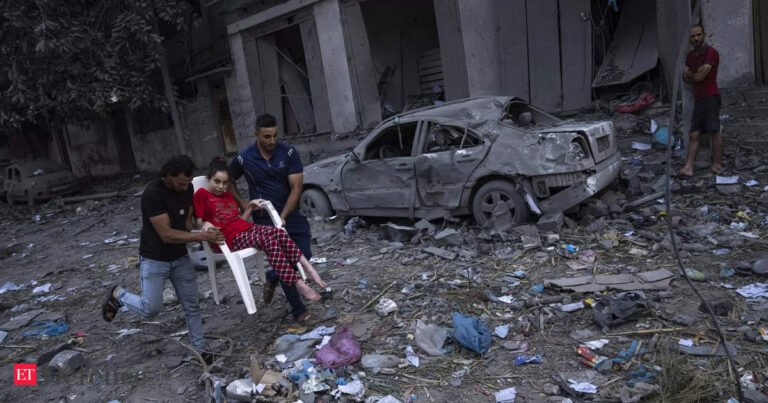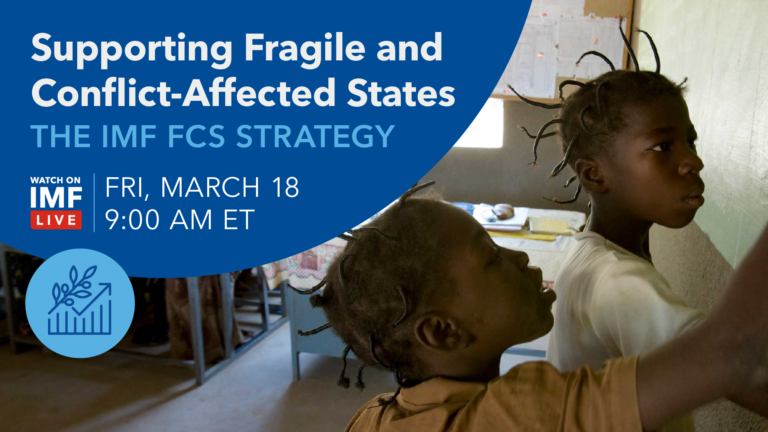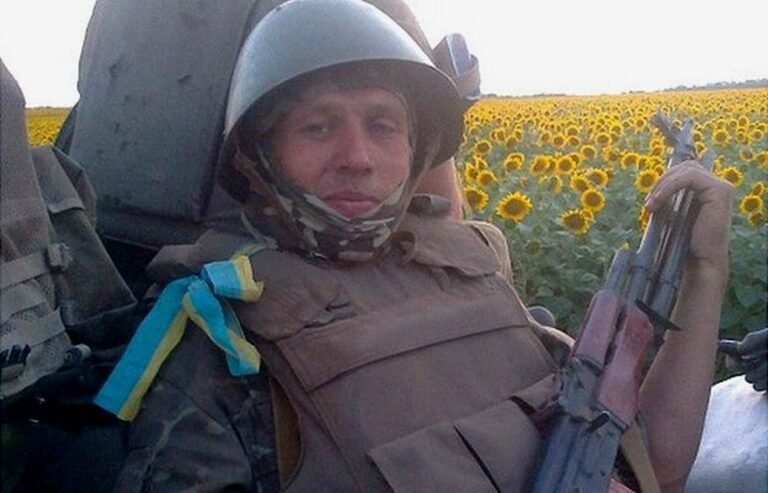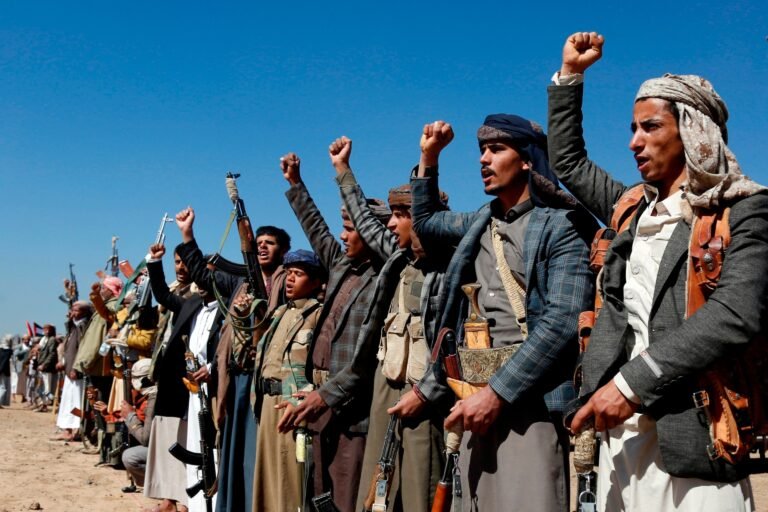
How Did Soldiers Cope with the Horrors of the Great War?
World War I, often termed as the Great War, was a cataclysmic event that reshaped the geopolitical landscape and had profound effects on the millions of soldiers who participated. The conflict was characterized by trench warfare, which introduced a new level of brutality and inhumanity to combat. Soldiers faced an array of challenges, from the harsh and unsanitary conditions of the trenches to the trauma inflicted by constant danger and the loss of comrades. This report delves into how soldiers coped with these horrors, drawing on various coping mechanisms and psychological strategies that enabled them to endure the unbearable.
Life in the Trenches
Life in the trenches was grueling and exhausting, defined by overcrowding, lack of proper sanitation, and the constant threat of enemy fire and gas attacks. Soldiers often subsisted on canned food and dirty water, contributing to poor health and morale. According to an article from History of War Online, the conditions were harsh and inhumane, with soldiers dealing with disease and the omnipresent threat of death (“Life In The Trenches: Harsh, Inhumane, and Gruesome”).
Psychological Coping Mechanisms
One of the most significant ways soldiers coped with the horrors of the Great War was through psychological resilience and finding meaning in their experiences. Dr. Mayhew’s research, cited in an article from the London School of Economics, highlights several psychological methods soldiers used to adapt to the long-term horrors of war. These included crafting narratives that gave purpose and meaning to their suffering, focusing on the greater good, and finding hope amidst the despair (“How did soldiers cope with the horrors of the Great War?”).
The Armistice and Aftermath
The end of the war brought a mixed reaction among soldiers. The Armistice of 11 November 1918 was met with disbelief and relief. Despite the cessation of hostilities, the psychological scars endured. Many soldiers were crippled or maimed, and the trauma of war continued to affect their lives long after the fighting stopped. An article from HistoryExtra notes that the Great War was a truly cataclysmic event, leading to the fall of vast empires and the profound suffering of millions (“First World War soldiers: life after the Armistice”).
The Brutal Realities of Combat
The unprecedented firepower of World War I led to massive casualties, with 9.7 million soldiers perishing in the conflict. Survivors often experienced acute trauma, a phenomenon explored in an article from the Smithsonian. The mental strain of constant danger, the loss of comrades, and the brutal realities of combat left indelible marks on the soldiers’ psyches (“The Shock of War”).
Conclusion
The horrors of the Great War left an indelible mark on the soldiers who lived through it. Coping with these horrors required immense psychological resilience and the ability to find meaning and hope in the midst of despair. The end of the war did not signify the end of suffering, as many soldiers continued to deal with the physical and psychological scars long after the Armistice. Understanding these coping mechanisms provides insight into the human capacity for endurance and the profound impact of war on the human spirit.
Works Cited
“First World War soldiers: life after the Armistice.” HistoryExtra, https://www.historyextra.com/period/first-world-war/first-world-war-soldiers-life-after-the-armistice/. Accessed 2023.
“How did soldiers cope with the horrors of the Great War?” London School of Economics, https://www.lse.ac.uk/research/research-for-the-world/society/the-great-war-crisis. Accessed 2023.
“Life In The Trenches: Harsh, Inhumane, and Gruesome.” History of War Online, https://historyofwaronline.com/life-in-the-trenches-harsh-inhumane-and-gruesome/. Accessed 2023.
“The Shock of War.” Smithsonian Magazine, https://www.smithsonianmag.com/history/the-shock-of-war-55376701/. Accessed 2023.










+ There are no comments
Add yours